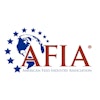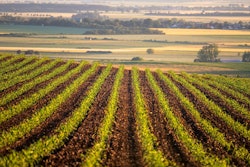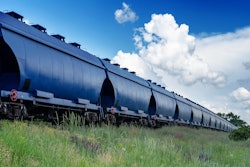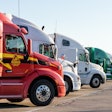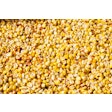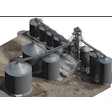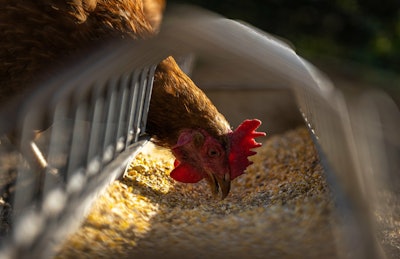
One of the U.S. feed industry’s cornerstone values has always been to ensure the safety of the food it produces for farm and companion animals.
Our dependence on animal agriculture to provide families with a stable, nutritious supply of meat, eggs, dairy and seafood, means animal food safety isn’t just an industry concern — it concerns everyone.
Outbreaks of contagious animal diseases, like when Highly Pathogenic Avian Influenza (HPAI) infected U.S. flocks earlier in 2022, serve as unfortunate reminders of just how important farm animal health is. Scarce egg supplies coupled with high poultry and egg price sent consumers reeling nationwide.
A sense of responsibility to prevent these types of supply chain disruptions is why Aviagen recently opened the company’s most biosecure feed mill to supply safe feed for its poultry breeding stock farms throughout southeastern U.S.
Aviagen incorporated all the knowledge it gained from more than two decades of manufacturing pathogen-free feed at other feed mills into one greenfield facility in Pikeville, TN. The resulting mill’s unique design includes zones for obtained and unobtained feed and buildings that are strategically spaced out for different manufacturing stages.
Innovative controls for the movement of people, traffic and even the air inside the facility ensures Aviagen’s flocks receive the nutrition they need to continue serving its poultry producer customers worldwide.
Meanwhile, a global animal health threat that hasn’t even reached U.S. soil, African swine fever virus (ASFV), led researchers at Kansas State University (KSU) to investigate methods for decontaminating feed mills in case ASFV were to be detected in the U.S.
The report, based on KSU’s feed mill lab trials offer recommendations that could help reduce severe economic consequences to the U.S. swine industry and American consumers. You can read more about the biosecurity and bioexclusion strategies KSU studied, like heat treatment and post-heat storage, in the article Top Feed Mill Equipment Biosecurity Practices.
As long as animal disease causing pathogens exist, you can count on U.S. agriculture, universities and the feed industry to innovate new ways to detect and minimize their impact on the world’s food supply.

